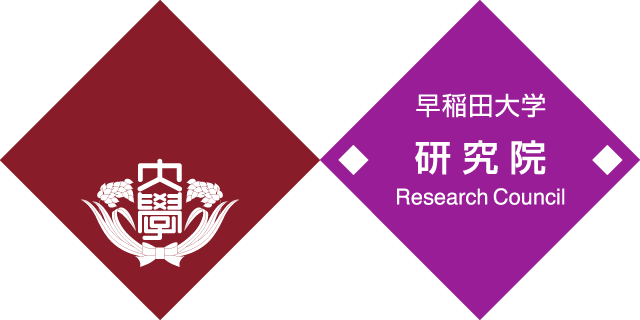- 日 時
11月1日(金)/ 13:00~18:00 - 会 場
早稲田キャンパス9号館5階第一会議室 - 言 語
英語 - 主 催
イギリス政治外交研究所
日本学術振興会・拠点形成事業(A拠点形成型)「流動化するグローバルなリベラル秩序における EU と日本:地域間研究の拠点形成」 - スケジュールはこちら
講演内容
With the aim of publishing a co-authored book, this seminar gathered eight speakers in three sessions to expound the volume’s conceptual and analytical framework and to discuss the individual chapters. Under the heading “Theoretical Framework,” the first panel introduced the theoretical parameters of the project and its possible application to real-world cases. Thais Souza started off with a presentation of the core elements of the book’s hybrid theory founded on the “spiral model” of human rights diffusion. Although the model is a powerful tool to understand norm diffusion and norm compliance, Souza explored various ways of improvement by calling for further development of the model’s phases 4 and 5 and welcoming the addition of other theories to strengthen its application (e.g. Amitav Acharya’s theory of norm localization, Jacqui True’s theory of norm contestation). Next, Paul Bacon delved into the specificities of the hybrid theory’s “scope conditions” and “mechanisms of diffusion” through a sketch of how the methodology can be applied to SDGs. Focusing specifically on SDG 8 and SDG 14, Bacon provided nuance and insight into these features while demonstrating how the EU used its significant economic leverage with regard to the yellow card used on fishermen to put pressure on the Thai government to implement meaningful human rights reforms.

The following session, “Health and Decent Work,” included three presenters which further explored the theoretical model’s applicability to specific case studies. In her presentation, Shukuko Koyama investigated the implementation of the components of economic growth and decent work of SDG 8 in the case of Georgia. Placing a strong emphasis on the interaction between local political elites and international actors including the EU, ILO, and UNDP, Koyama explored the reasons why the decent work agenda has been sidelined while the productive employment agenda has been well endorsed. In the following presentation, Elena Avramovska traced back the history of the inclusion of sexual and reproductive health rights into the SDGs before analyzing the compliance of the Philippines to this international norm. Noting that both state and non-state actors in the Philippines were committed to SRHR norms, Avramovska applied the hybrid “spiral model” to show why its enactment and implementation were nonetheless hampered. Rather than looking at the implementation of norms at the domestic level, the session’s last presentation by Yasushi Katsuma dealt with norm diffusion at the global level through a case study of universal health coverage (UHC). Distinguishing various stages in the evolution of the legal norm of the right to health to a universal “health for all” norm, Katsuma studied the reasons why a final consensus was reached at the 2019 Osaka G20 Summit and the role of Japan in this process in particular.

In the last session, “Education,” also including three presentations, Frederik Ponjaert’s contribution examined how the citizenship norm emerged within SDG 4 and how the EU and Japan reacted and internalized that norm in their existing educational programs. Focusing on the EU side of the story, Ponjaert elaborated on four reasons why the already well-developed concept of European citizenship posed an obstacle to the introduction of citizenship as a global SDG norm. The last two presentations by Makiko Hayashi and Jun Kawaguchi discussed the diffusion of the concept of inclusive education in developing countries. Looking at the case of Cambodia, Hayashi analyzed the dispersal of the concept at the policy level before assessing the causes leading to noteworthy disparities at the implementation level. Kawaguchi, in turn focusing on the case of Malawi, reviewed the international trend of education for students with disabilities and proceeded with an investigation of the obstacles to implementing inclusive education in Malawi and of the perception gap between the Ministry of Education and teachers on the ground.

As the seminar drew to a close, the remaining time was used to discuss pending issues with regard to the book proposal. Concretely, the participants discussed the abstracts of two additional chapter proposals and how the different parts of the book could be more equally balanced.








